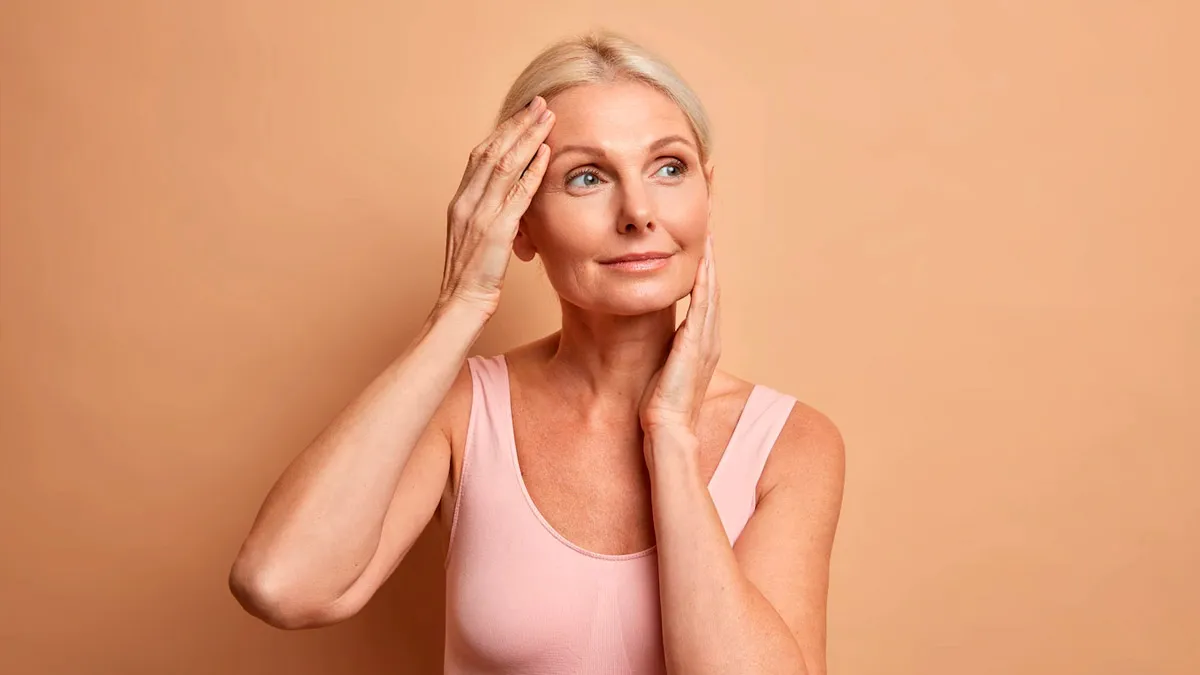
We all seek that elusive glow, youthful, radiant skin that defies the passage of time. While skincare routines and sunscreen have their place, growing research and expert insight point to a crucial but often overlooked factor in skin ageing: your diet.
Table of Content:-
To get to the bottom of this, we spoke with Dr Sanjeev Gulati, an expert dermatologist from the Department of Dermatology, Sharda Hospital, Noida, who sheds light on the deep connection between what you eat and how your skin ages.
Diet-Skin Connection
“Your skin is the largest organ of your body, and like any organ, it’s deeply influenced by your internal health and nutritional status,” says Dr. Gulati. “Ageing is inevitable, but how rapidly or gracefully it shows on your skin can be significantly affected by dietary habits.”
According to Dr. Gulati, the ageing of skin is influenced by both intrinsic factors (like genetics and hormonal changes) and extrinsic factors, such as sun exposure, pollution, and lifestyle choices — including diet. Certain foods can help combat oxidative stress and inflammation, both of which accelerate the skin’s ageing process.

Key Nutrients That Fight Skin Ageing
Here are some dietary components that Dr Gulati recommends to support skin health and slow the signs of ageing:
Also Read: Nourish The Nurturer: This Mother's Day Learn Smart Eating For Moms’ Long-Term Health
Antioxidants (Vitamins C and E)
Found in berries, citrus fruits, green leafy vegetables, and nuts, antioxidants protect skin from damage caused by free radicals. “Vitamin C is essential for collagen synthesis,” notes Dr. Gulati. “Without enough of it, skin can become dull and more prone to wrinkling.”
Healthy Fats (Omega-3 and Omega-6)
Fatty acids, particularly from sources like flaxseeds, walnuts, and fatty fish, help maintain the skin’s lipid barrier, keeping it supple and hydrated. “People with diets rich in omega-3s often have less dry or inflamed skin,” says Dr. Gulati.
Carotenoids (Beta-Carotene, Lycopene)
These plant pigments, found in carrots, tomatoes, and sweet potatoes, not only give fruits and vegetables their vibrant colors but also offer skin protection against UV damage and premature ageing.
Hydration
“Never underestimate the role of water,” Dr Gulati advises. Adequate water intake helps maintain skin elasticity and flushes out toxins. Herbal teas, coconut water, and hydrating fruits like watermelon also contribute.

Also Read: Kerala Confirms Fresh Nipah Virus Case as Woman Tests Positive
Foods That Accelerate Skin Ageing
While certain nutrients help the skin, others can harm it.
Refined sugars and carbohydrates can spike insulin levels and contribute to inflammation, which is a key driver of skin ageing and acne.
Processed meats and salty snacks may dehydrate the skin and increase the appearance of wrinkles.
Alcohol in excess depletes skin of moisture and essential nutrients.
“Minimising sugar and processed food intake is just as important as including the good stuff,” Dr. Gulati emphasises.
Beyond the Plate
Dr Gulati is quick to point out that diet is not a magic bullet, but a significant part of a holistic skin-care strategy. “A healthy diet complements good skincare, sun protection, stress management, and regular physical activity,” he says.
Bottomline
Incorporating more whole, plant-based, and antioxidant-rich foods into your meals isn’t just good for your waistline or heart it’s an investment in your skin’s future. As Dr Gulati puts it, “You are what you eat — and your skin shows it.”
Also watch this video
How we keep this article up to date:
We work with experts and keep a close eye on the latest in health and wellness. Whenever there is a new research or helpful information, we update our articles with accurate and useful advice.
Current Version